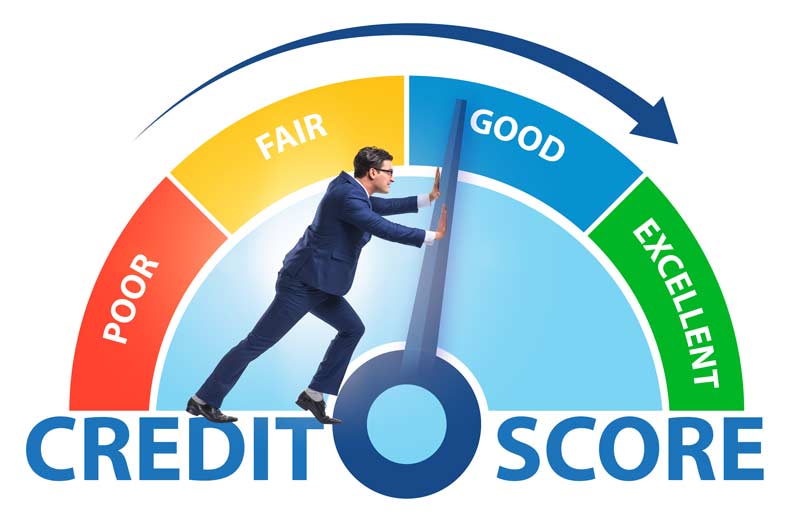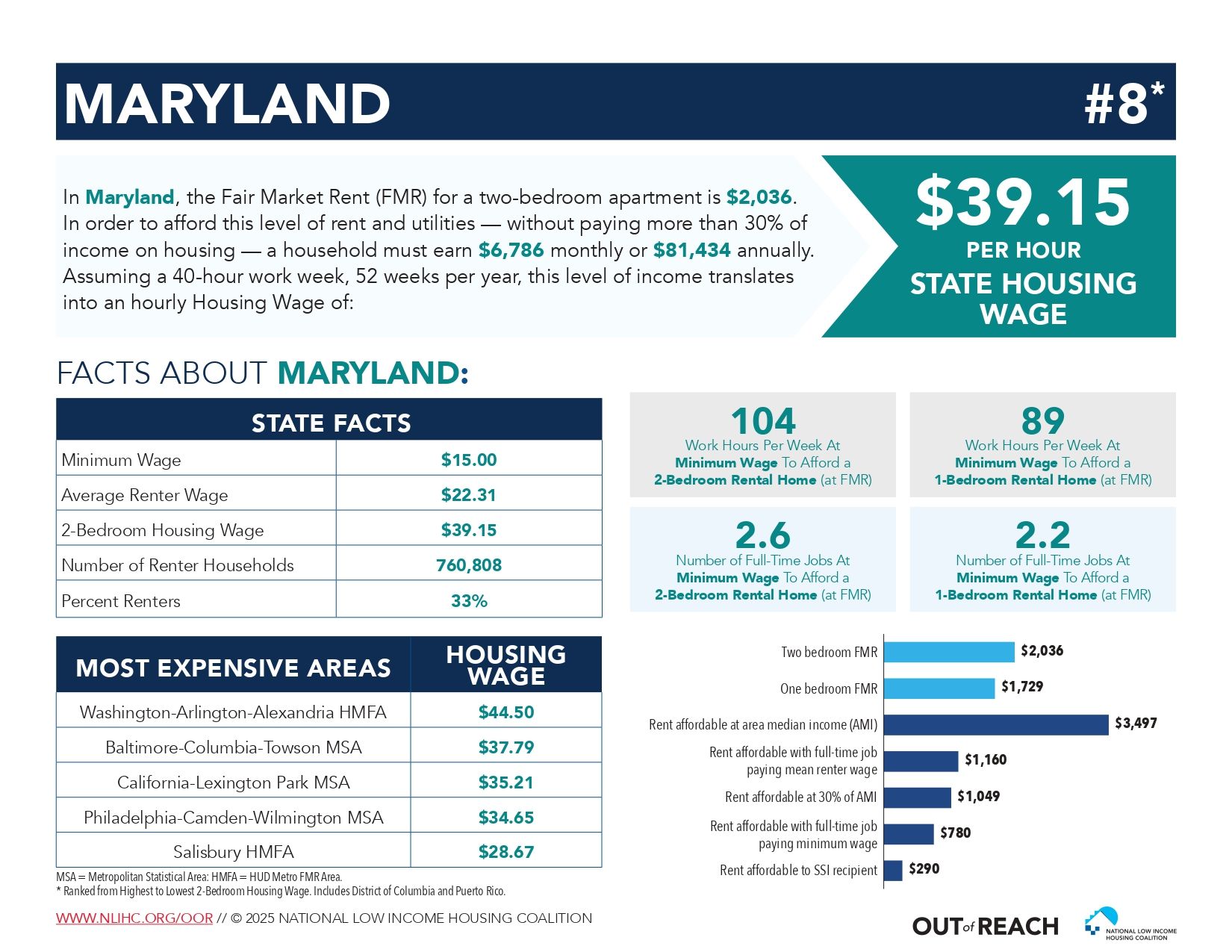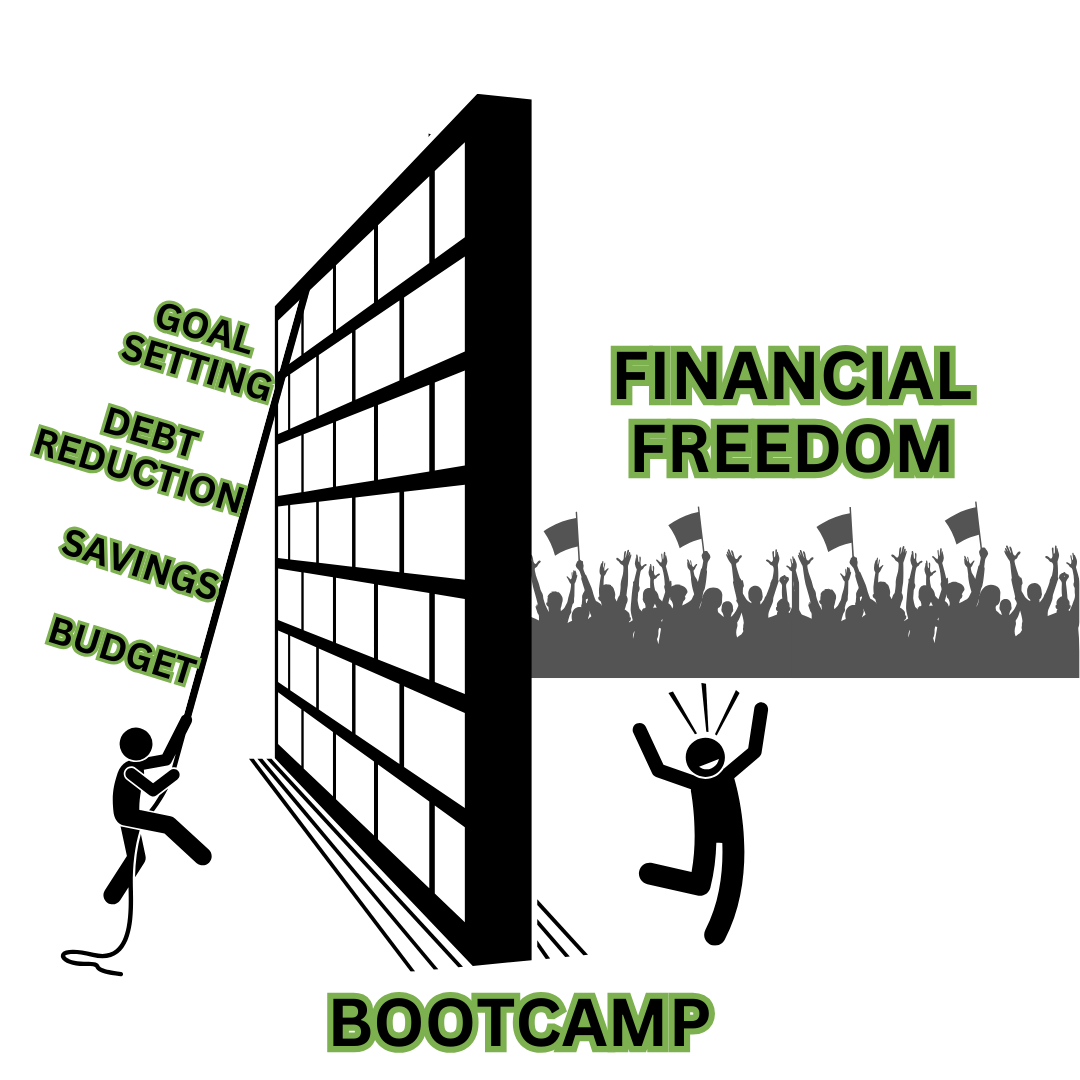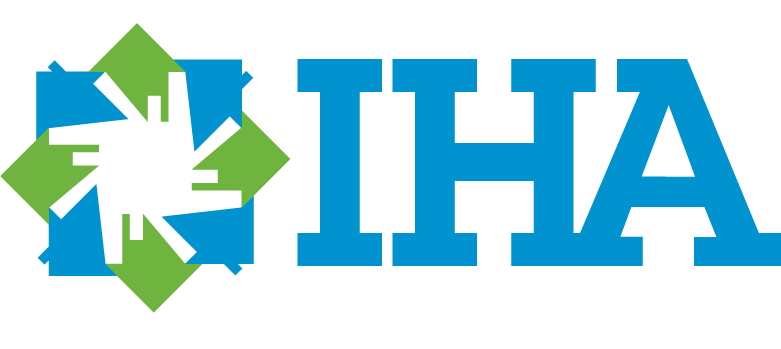Credit Café: Stronger after COVID
Lacy Ames • August 30, 2021
Credit Café: Stronger after COVID

The Credit Café workshop was started back in 2016 to offer a one-time event where clients would learn about credit and receive a free credit report review with a credit advisor. Over time the event has grown to being more frequent, but still was considered a one-time workshop event. However, in 2020 during the pandemic IHA knew things needed to change for our workshops such as the Credit Café to be possible. IHA decided to evolve and adapt to our new ‘new’.
The Credit Café moved 100% online including the registration process. With new virtual opportunities, the workshop is now being offered 4 times a month with morning and evening availability to meet our participants’ schedules. The Credit Café is no longer just a one-time workshop but now each participant receives support from Lacy for 6 months. The one-time event now consists of two distinct meetings. The first is a 1-hour group meeting where participants learn what credit is, how credit impacts us, and how to best handle credit to make the most positive impact. The second is a 30-minute personalized one-on-one Credit Report Review session where the client receives a thorough credit report review within 1 week of completing the group workshop. During this review the client and program manager set goals to help the client improve, maintain, or build their credit to prepare for their future financial goals. Clients also walk away with a free copy of their credit report.
Now the support doesn’t stop there with these two meetings. Lacy is following up with clients 3 months later to check in to see how they are doing with their credit related goals. Then Lacy follows up again 6 months after they attended the credit café group workshop, offering them a 2nd credit report review session and with that comes another FREE credit report.
The Credit Café program has now become a stronger and more impactful opportunity for those in need over the last year. In prior years the Credit Café had served an average of 80-85 clients each year through the in-person workshop setting. Over the past year with a virtual setting, Lacy has been able to serve 144 individuals. The Credit Café will maintain the same schedule for the 2021-2022 year. If you or anyone you know needs credit repair, credit improvement, or just needs general credit knowledge, send them to Lacy at Lames@interfaithhousing.org to get signed up today!
Check out some success stories from the last year:
“My name is Danelle, and I attended the credit café. The credit café has helped me understand credit a lot more. This class has taught me how to increase my score and manage my credit. I feel like I got a lot out of the class and left with a better understanding or credit. I’m so grateful for the class and look forward to telling others about it.”
“The Credit Café workshop has been such a great asset in helping get my credit repaired. They explained to me in detail how to understand your credit and what is reported. As well as how to get my free reports. I was able to figure out where my issues are and how to gradually increase my score. It has taken some time, but I am headed in the right direction. I just have to be patient and continue to work hard and pay my bills as scheduled. I now understand how important credit is and will pass this information on to my children and grandchildren. “
“My experience with the Credit Café began in 2019. I was frustrated with the dream of owning a home and not seeing a clear path with student loans and multiple bills reporting in collections. The Credit Cafés have given me the motivation to act on knowledge I already had and support to learn more and self-advocate. The hardest part is taking money I could use for other things and putting it towards keeping bills out of collections but if you have had garnishments, repossessions like I had, it's worth it. A little is a lot. Thank you IHA Credit Café, my journey continues! 🙏🏾”
“I opened the first of many accounts 20 years ago. My credit was so-so, with late payments and charge offs that I eventually paid, but at least I had credit. I continued this behavior as a young adult, thinking it didn’t mean a whole lot. Then, hard times and unforeseen circumstances forced me to not use my credit for the last 10 years. When I began the Credit Café in December 2020, it had been so long since I had used any of my accounts, that it was like I never had credit at all! (Oh, except for a 6-year-old ER visit that should’ve been paid by a car accident I was a passenger in. Also, an electric bill that continued 6 months after I moved from the residence, because someone fraudulently told them to keep it on, after I had it scheduled for disconnection. When I entered the Credit Café, I had ZERO credit. It was like I had been erased.
How did I fix it? I spent 3 months making calls every day and collecting evidence to get the derogatory accounts off my credit report. At the same time, I opened a secured card to start rebuilding my credit. The following month, I opened another. I worked hard to make sure that everything was deleted from my credit history and that it only reflected the positive things I had done. I keep my usage below 10%, pay everything off at once (never carry a balance), and make sure that my payments are made ON TIME! I went from NO credit to 524 in a month. Then climbed slowly until I only had positive accounts. At that time, I was in the 650s. Over time, making smart and responsible moves with my credit has shown the impact small things can have. Now, 9 months later, I have great credit and have recently opened an unsecured card with a much higher limit, I qualify to get my deposits back from my secured cards and will soon be on my way to home ownership, which is the ultimate goal.”

Maryland and Frederick County: A Growing Housing Affordability Crisis Each year around this time, I share data that highlights the growing challenge of housing affordability in Maryland—and this year is no exception. Maryland now ranks as the 8th most expensive state in terms of wages needed to afford a modest two-bedroom apartment. A worker must earn $39.15 per hour —or nearly $81,450 annually —just to meet that threshold. Unfortunately, the situation in Frederick County is even more severe. Alongside Calvert and Charles counties, Frederick tops the list, requiring a staggering $44.50 per hour —equivalent to $92,560 annually —to afford a two-bedroom apartment. Meanwhile, the average renter in Frederick earns just $18.25 per hour , which translates to an affordable rent of only $949 per month —far below what the market demands. This stark disparity is exactly why the mission of Interfaith Housing Alliance (IHA) is so critical. We are committed to addressing these inequities and advocating for solutions that make safe, stable housing accessible to all. Below, you’ll find the 2025 data from the National Low Income Housing Coalition , detailing housing affordability across Maryland and its counties.

Interfaith Housing Alliance (IHA) is proud to announce two funding awards received this quarter from community partners. In July 2025, IHA received a $3,500 grant from The Croteau Family Charitable Gift Fund, which is a donor-advised fund (DAF) held at T. Rowe Price Charitable. IHA also received a $5,000 grant from The Natelli Communities Charitable Fund of The Community Foundation of Frederick County. These unrestricted funds will support all of IHA’s endeavors in strengthening the many communities we serve.

Money can sometimes feel overwhelming—but it doesn’t have to! This October, Interfaith Housing Alliance is offering our next Financial Freedom Bootcamp, a free, two-part workshop designed to help you take positive steps toward financial stability and confidence. The bootcamp kicks off with an in-person workshop on October 15th from 5:30–7:00pm, where participants will explore the building blocks of financial health. You’ll learn how to create a budget that actually works for your lifestyle, discover the best practices for saving, and walk away with strategies for reducing debt in realistic and manageable ways. After the first session, participants are invited to take part in an optional virtual Credit Café, a supportive space to dive deeper into questions about credit and money management. This extra resource helps reinforce what you’ve learned and gives you the chance to connect with others working toward similar goals. The second workshop will be held virtually on October 29th from 5:30–7:00pm, making it convenient to join from home. This session will focus on building confidence when communicating with creditors, understanding your credit, and setting SMART goals to stay on track for the future. Together, these two sessions provide practical, easy-to-use tools to support your financial journey. No matter where you are starting from—whether you’re new to budgeting, trying to rebuild your credit, or just looking for ways to feel more in control—Financial Freedom Bootcamp is a welcoming and encouraging place to begin. At a Glance What : Financial Freedom Bootcamp – free, two-part workshop series When: October 15th (in-person) & October 29th (virtual), both 5:30–7:00pm Topics: Budgeting, saving, debt reduction, credit confidence, SMART goal setting Extras: Optional virtual Credit Café between sessions Register: Contact Lacy Allen at lames@interfaithhousing.org or 301-662-4425 ext. 1203
